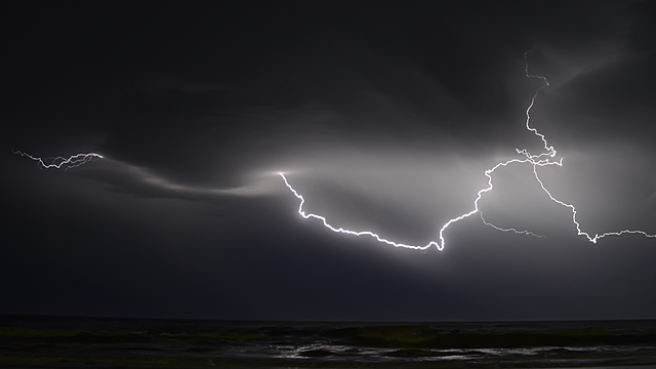Given the headlines of recent natural disasters, it's crucial to remain connected even in cases when conventional solutions fall short. When you are without Wi-Fi or cellular connection, the new iPhone iOS18 update—available on iPhone 14 and later—as well as some Android phones now let you connect via satellite phone. When alternative means of contact are lacking in an emergency, this function can literally save lives.
Apart from keeping in touch, this is a good moment to check what your insurance covers and how you could guard yourself from unanticipated events. Whether it's hurricanes, floods, wildfires, or even earthquakes, knowing your insurance coverage will help you to recover from a disaster far more effectively.
Coverage included in Standard Homeowners Insurance
Most basic homes insurance policies provide defense against a range of hazards including fire, windstorms, and hail. Certain typical natural disasters, however, might not be covered and include:
• Floods: Generally speaking, regular homeowners insurance does not cover flood damage. Either a private insurer or the National Flood Insurance Program (NFIP) may provide a separate flood insurance coverage.
• Earthquakes: Most insurance exclude damage caused by earthquakes, much as by floods. Getting earthquake insurance makes sense if you live in an area likely to experience earthquakes.
• Hurricanes: While storm surge damage may not be covered, wind damage from hurricanes is often. Your coverage should clearly distinguish between wind and flood damage.
Knowing Deductibles for Natural Disaster Coverage
Special deductibles for some natural disasters are included into many insurance policies. For instance, rather than a set number, hurricane deductibles are sometimes computed as a percentage of the insured value of your house. Knowing the particular language of your insurance can help you to be ready should a calamity hit.
Review and Update Your Coverage:
Reviewing your policy now is a good moment. Review the following actions:
• Sort or update a list of your personal items. Should you suffer a loss, this will simplify the claim-making process.
• Make sure your policy limitations accurately represent the worth of your house and possessions today. Underinsurance can cause you major out-of-pocket costs.
• See your insurance agent about adding suitable coverage if you live in a region likely to floods, earthquakes, or another excluded calamity.
Get ready before a disaster strikes.
Although insurance serves as a crucial safety net, you may guard your house and family against natural disasters by acting ahead of time:
Make sure your house has a well-stocked emergency kit with basic supplies, first aid tools, and critical paperwork.
• Strengthen Your Home: Make little changes to help reduce damage, including locking bulky furniture or reinforcing doors and windows.
• Know Your Evacuation strategy: Create a family strategy for an emergency and familiarize yourself with nearby evacuation routes.
We're Here to Assist.

